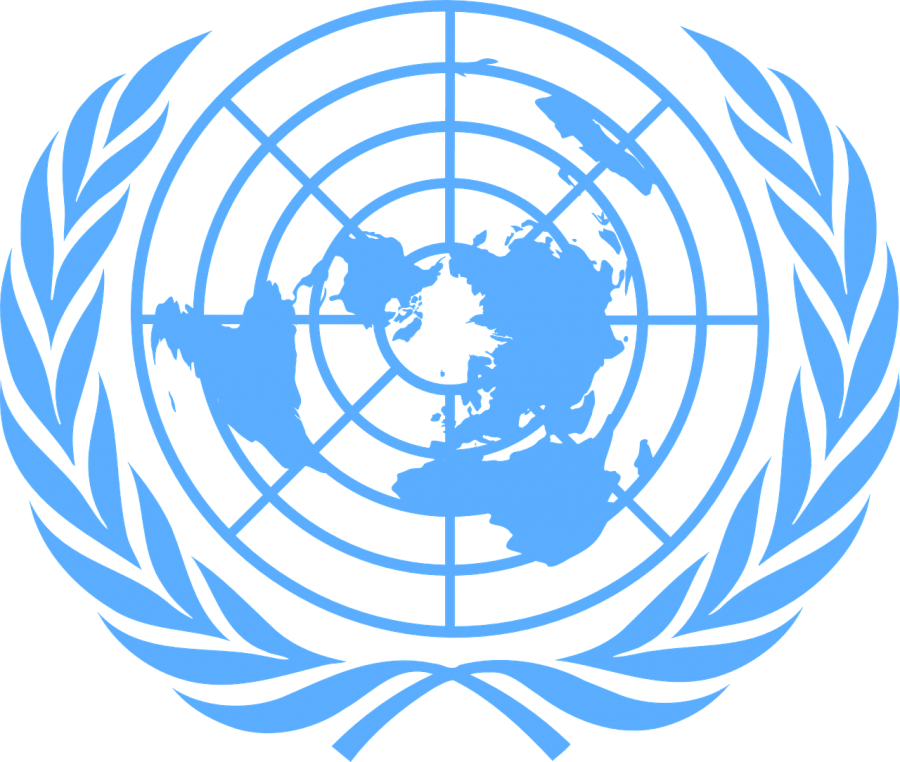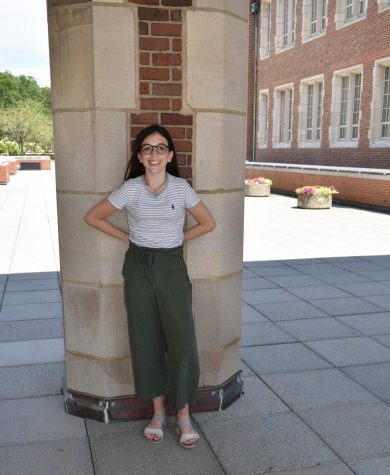U.N. court order to Myanmar to prevent genocide against Rohingya
Jan 30, 2020
In 2016, Nobel Peace Prize winner Aung San Suu Kyi was the de facto state counselor of Myanmar, known for her efforts in bringing democracy to that country. Currently, she faces criticism for supporting the army, which is facing allegations of genocide — the same army that suppressed her nation’s freedom during military dictatorship.
Speculation as to why Ms. Suu Kyi is denying that these serious allegations of “genocide acts,” according to the BBC, are common. Some believe the reason for the 74-year-old politician’s patriotic defense of her country is to gain support from Mynamar’s majority Buddhist civilians in hopes of winning the next general election in November 2020.
According to the BBC, “Mynamar has been accused of targeting and killing the Rohingya Muslim minority since Septemeber 2017 when troops forced out more than 740,000 Rohingya.” According to the United Nations, “Today more than half a million Rohingya appear to be living in Myanmar’s northern Rakhine province while many refugees are trapped in camps across the border in Bangladesh.” According to the BBC, “the Rakhine province is the site of conflict between the army and rebels from the Buddhist-majority and Rakhine ethnic group.”
Serious risk of genocidal actions may occur again as the majority of Myanmarians view Rohingya Muslims as “illegal immigrants” or “terrorists,” according to?
This on-going conflict has been brought to international attention after the small West African Muslim country, The Gambia, brought a case against Myanmar at the United Nations’ top court, the International Court of Justice (ICJ) in December 2019. According to The New York Times, The Court of Justice at The Hague issued an injunction against Myanmar but did not label their charges as genocide.
During this case, Ms Suu Kyi denied all allegations of genocide, only acknowledging “disproportionate force was used by members in some cases.” Yet she countered this claim by defending violence towards the Rohingya, claiming it was initiated by the Rohingya militants.
John Carroll University Political Science Professor Mona DeBaz, an expert in International Relations, explained the U.N.’s importance in making this claim. “The court has no means of enforcement. Whether Myanmar decides to curb its actions is up to the state. The importance of this ruling is that a legal argument has given other states in the international system more clout as they put pressure on the government of Myanmar to abide by this ruling. Keep in mind that the ruling only applies to the Rohingya still in Myanmar today, not to those who are refugees in Bangladesh and elsewhere. The fact that the ruling was unanimous and that the head of Myanmar’s government, Suu Kyi, appeared in person to defend the actions of her country makes for an interesting case. However, the chances that the ruling will actually be implemented remain slim.”
As of now, though, the international U.N. ruling could lead to consequences for Myanmar, including sanctions that could devastate an economy recovering from military rule.













